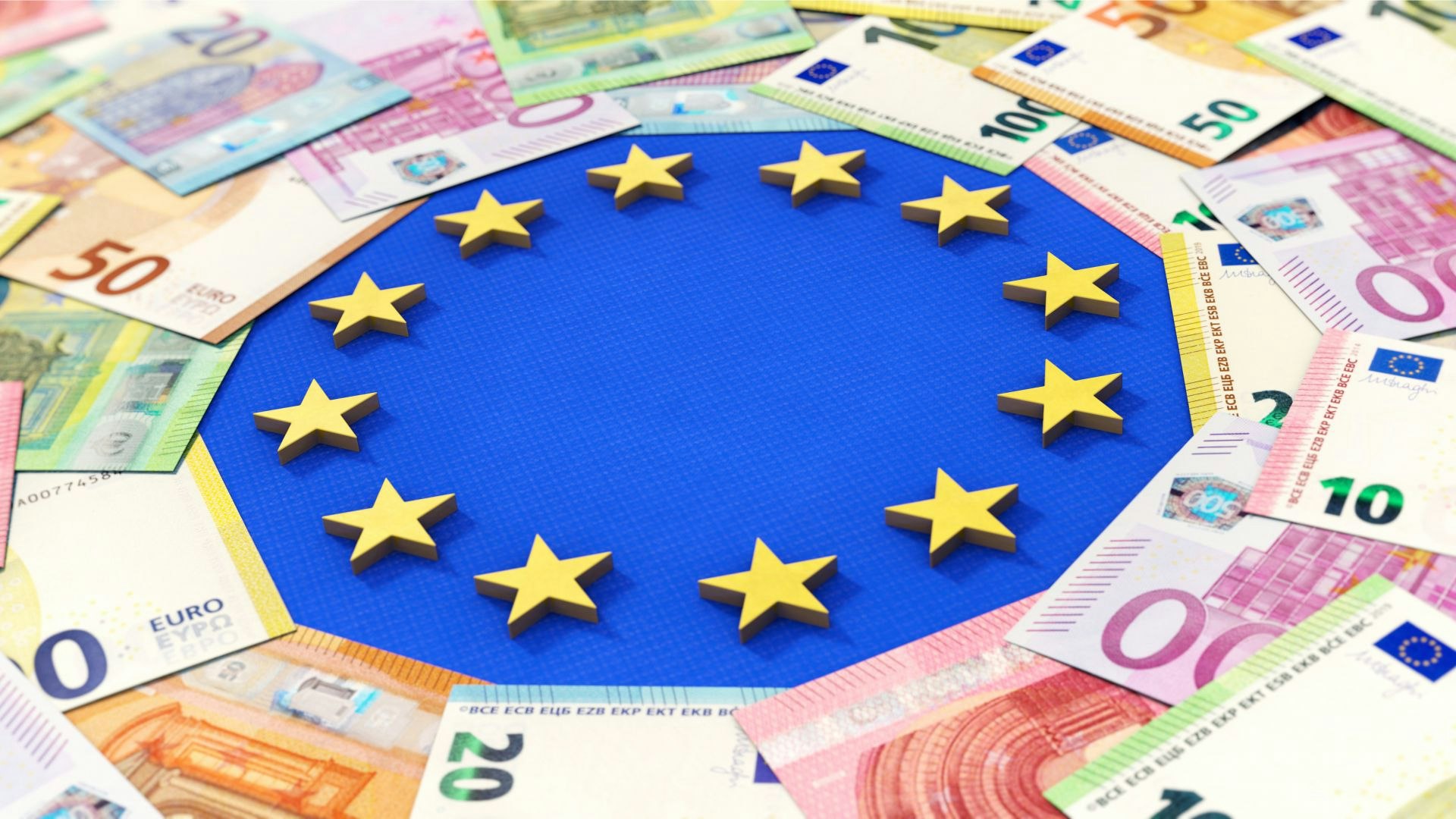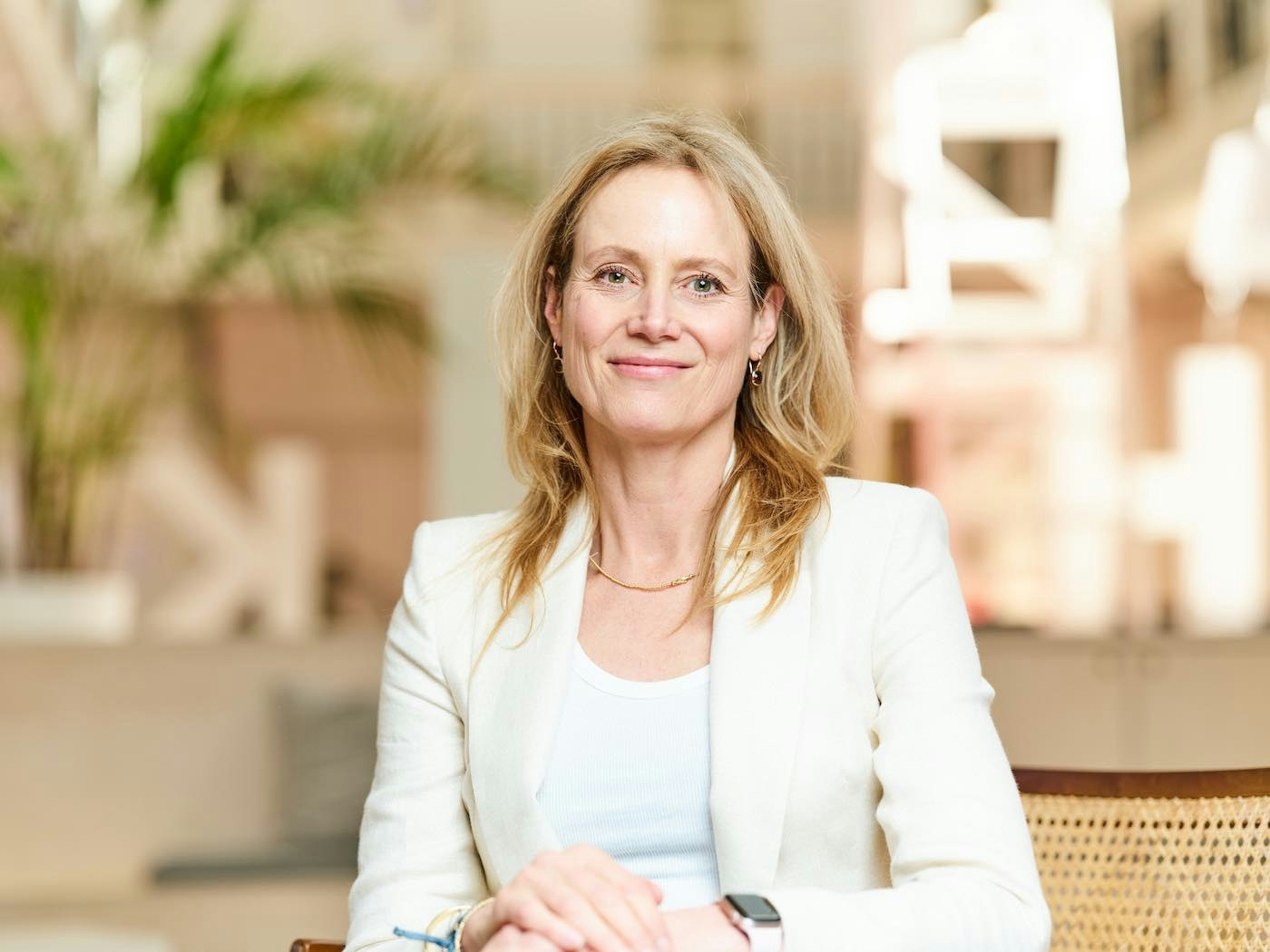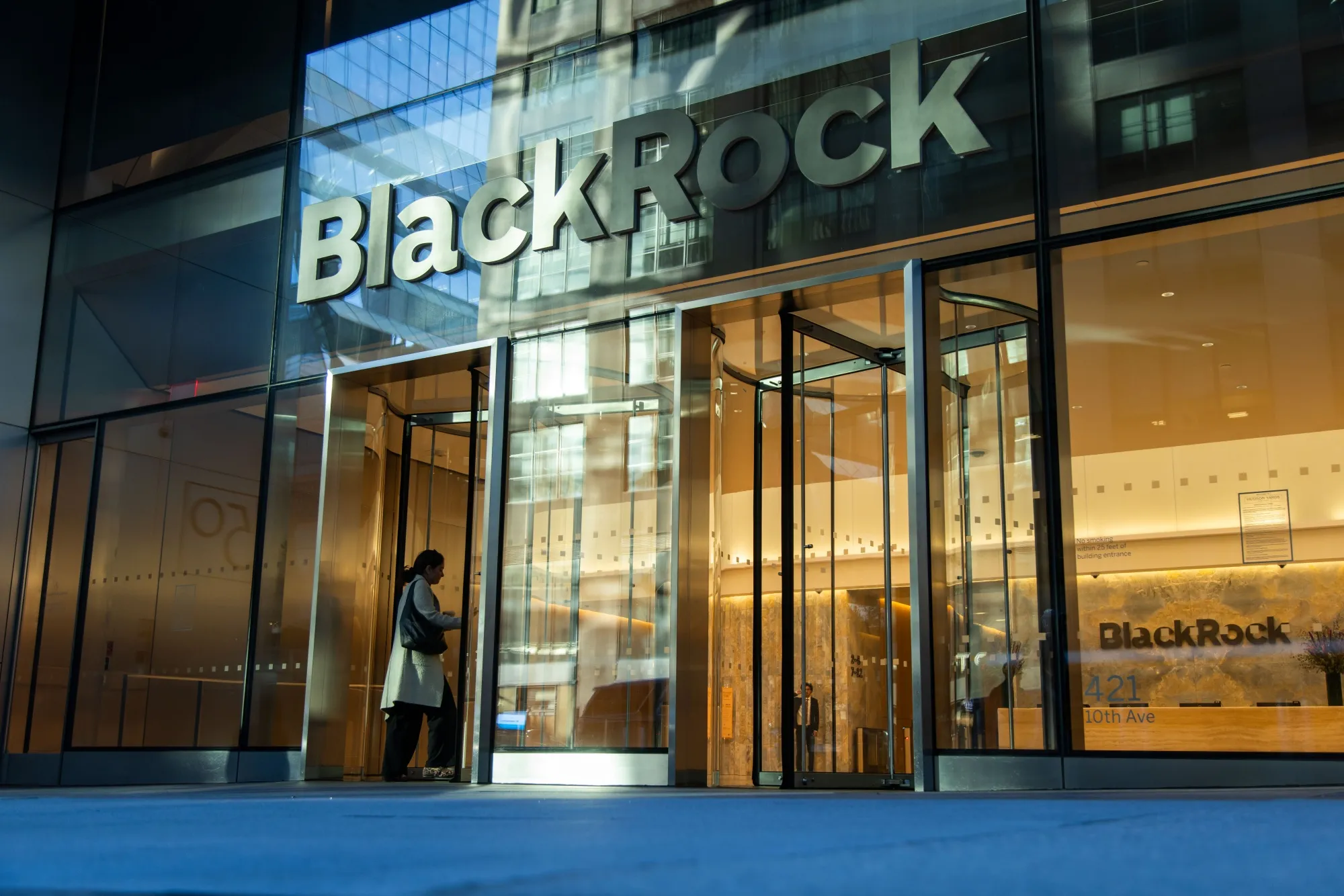Like other European ecosystems, the DACH region — home to unicorns such as Personio, Bitpanda and Celonis — has taken a hit over the past year.
On the positive side, however, early-stage deal activity is robust and M&A has made a comeback in Europe’s second-largest tech ecosystem, reveals a new report by investment bank Clipperton.
Last month, for example, LeanIX — which helps companies map out their IT infrastructure — was scooped up for a reported €1.2bn by software giant SAP in one of Germany’s biggest ever tech acquisitions.
So how is the DACH region faring so far in 2023? Sifted digs into the data below.
M&A makes a comeback
M&A activity is picking up again after a temporary dip in 2022. The number of M&A transactions in the DACH region have increased from 153 in H1 2022 to 235 in H1 2023 — a 54% increase.
Transaction volume has also increased by a whopping 59% in H1 this year, compared to the same period last year.
Some of the biggest strategic M&A deals (when a company acquires another company in the same industry to achieve a particular aim) include:
- The sale of Airplus, Lufthansa Group’s payment specialist, to Swedish bank SEB Kort, for €450m
- Online pharmacy Zur Rose sold its Swiss business unit to Medbase — another online pharmacy that is a subsidiary of Migros, a Swiss online supermarket — for CHF361m in order to expand its B2C business in Germany
“We expect strong tech M&A markets to continue into 2024, probably combined with incremental improvements in the fundraising environment as investors adjust to the 'new normal' and start chasing opportunities again," says Dr. Nikolas Westphal, Partner at Clipperton.
Growth funding reverts to 2019 levels, and mega rounds are no more
Growth funding in the DACH region has dropped from €7.9bn in the first half of 2022 to €2.7bn in the first half of 2023 — a whopping 66% decrease. (Though it’s important to note that the fundraising volumes of H1 2022 were propped up by a year of record fundraising levels in 2021.)
If this pace continues, 2023 will conclude with €6bn raised in fundraising for the whole year and 500+ transactions completed — though these are better results than pre-pandemic levels.
Nirwan Tajik, growth equity investor at Revaia, says that growth funding will eventually return — but only when “the best companies and best investors” have more certainty in pricing a round.
“My opinion is that as soon as we have certainty that interest rates have reached a robust long-term level, the dam will break and growth rounds will return — growth company valuations are probably most sensitive to the interest rate with which their future returns are discounted,” he says. “So as long as that fluctuates too much, uncertainty will remain high and investors’ and companies’ expectations are too far apart.”
According to Clipperton’s report, there is currently a high number of transactions with smaller ticket sizes, which indicates that there is a lot of early-stage activity. Meanwhile, big fundraises are less frequent as you’ll see below.
Fewer unicorns crowned in 2023
One result of fewer chunky rounds: fewer new unicorns. Only two unicorns have been crowned so far this year in DACH: LeanIX and 1Komma5, a solar panel platform — the slowest pace of unicorn creation since 2017.
DACH still loves B2B SaaS
In H1 2023, B2B SaaS attracted the biggest share of investment of all sectors, as was the case last year.
Funding in e-commerce — which dropped 10% between 2021 and 2022 — seems to have recovered slightly in H1 this year, grabbing 20% of the total funding out of all DACH sectors.
Meanwhile, healthtech has attracted the lowest amount of funding of all sectors mentioned in the report since 2018.



